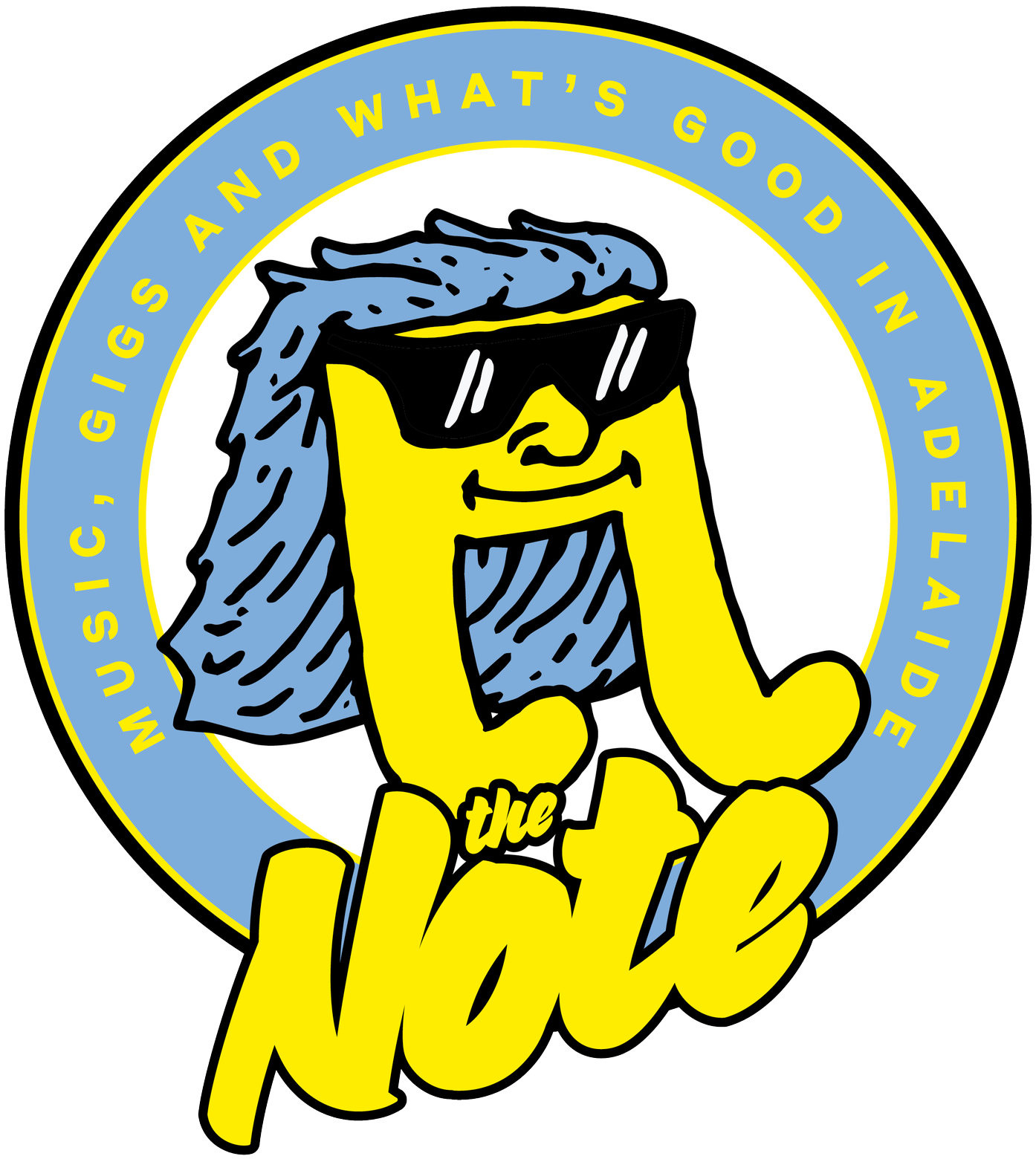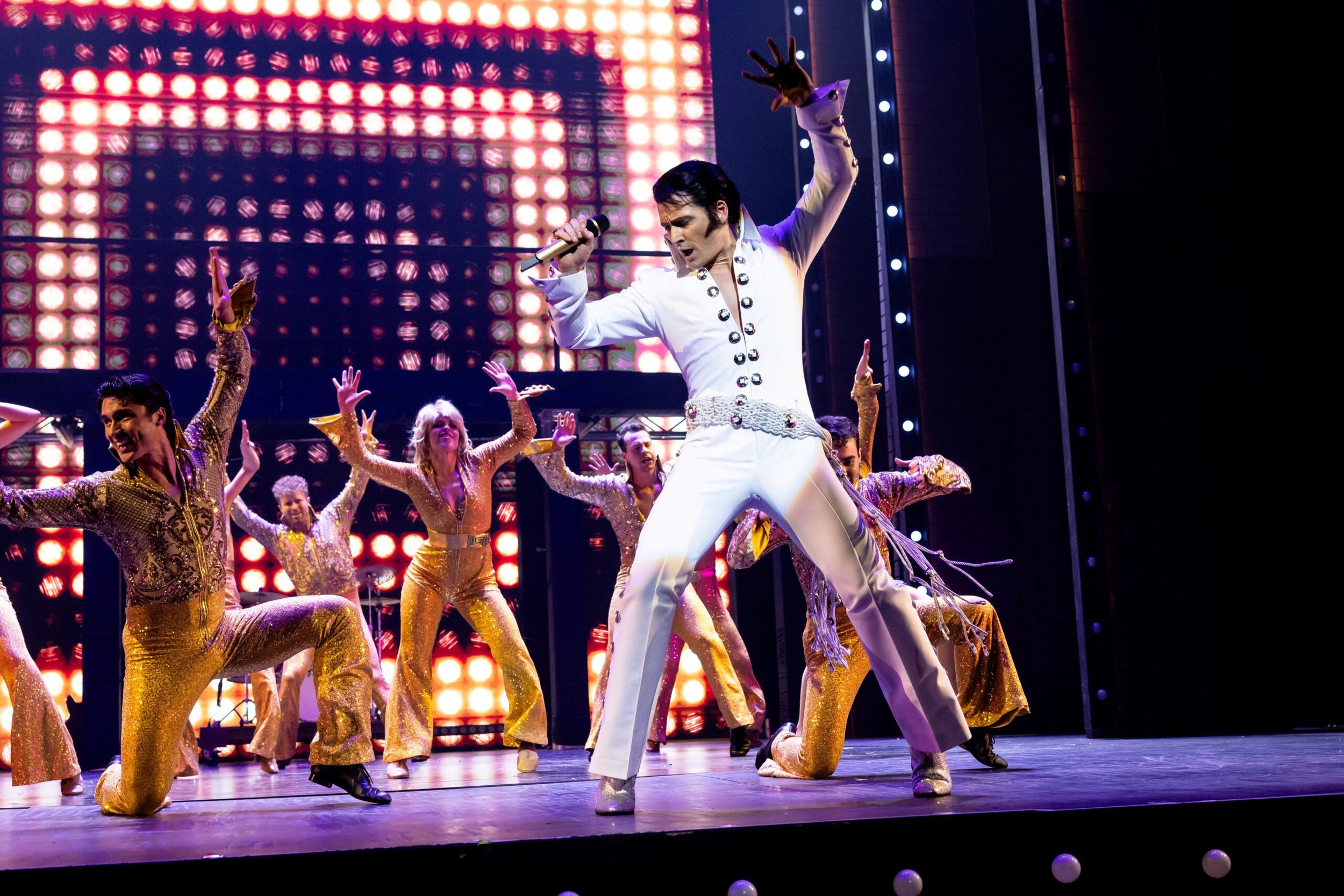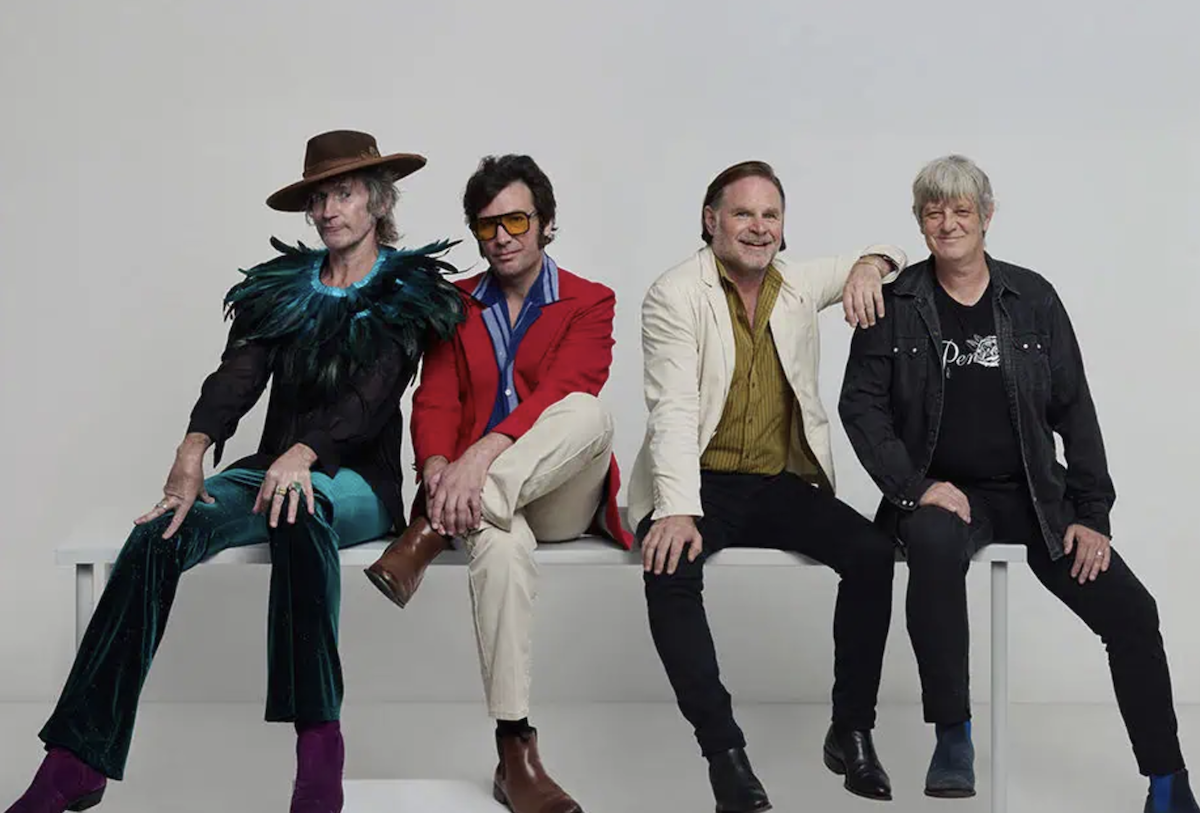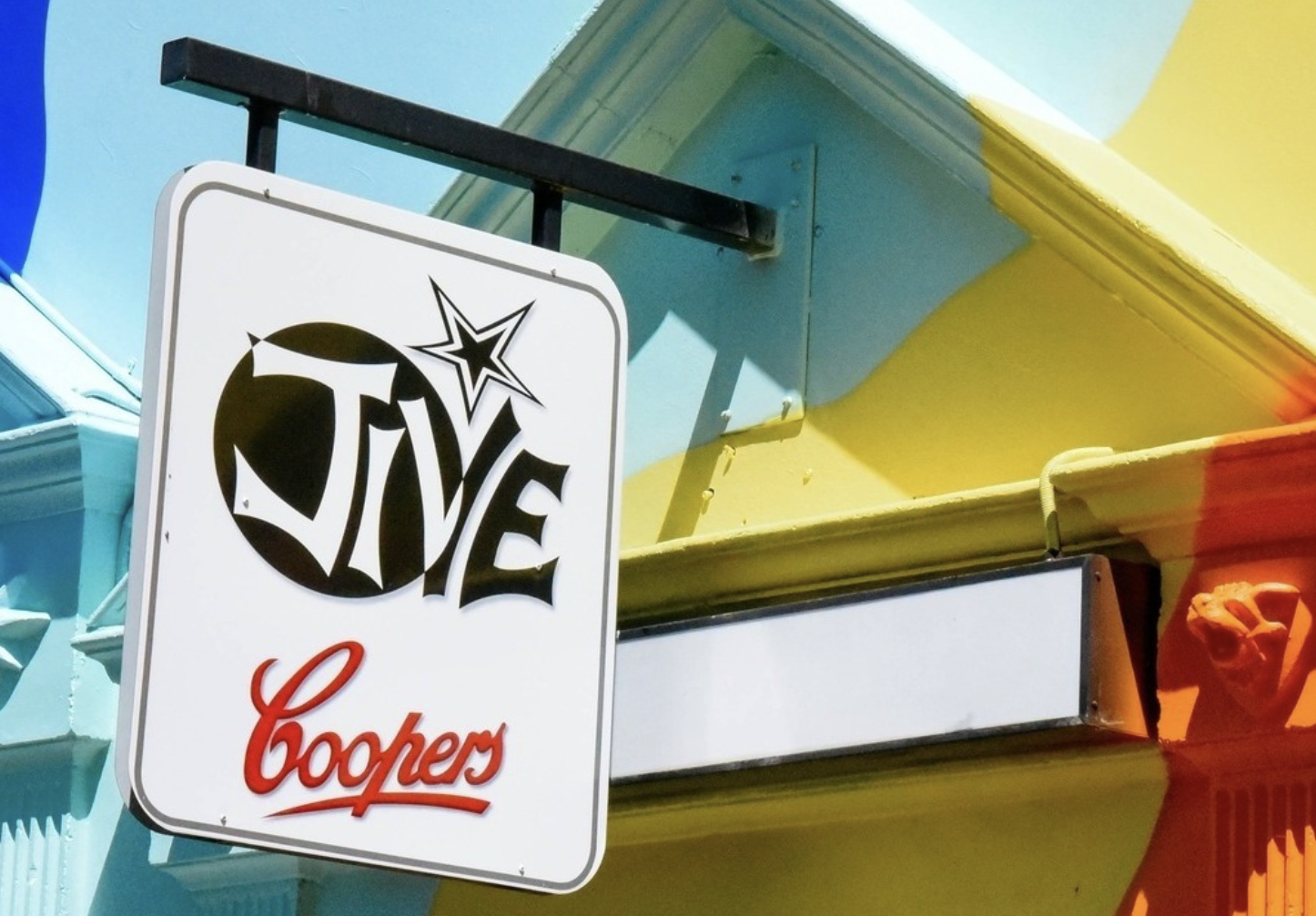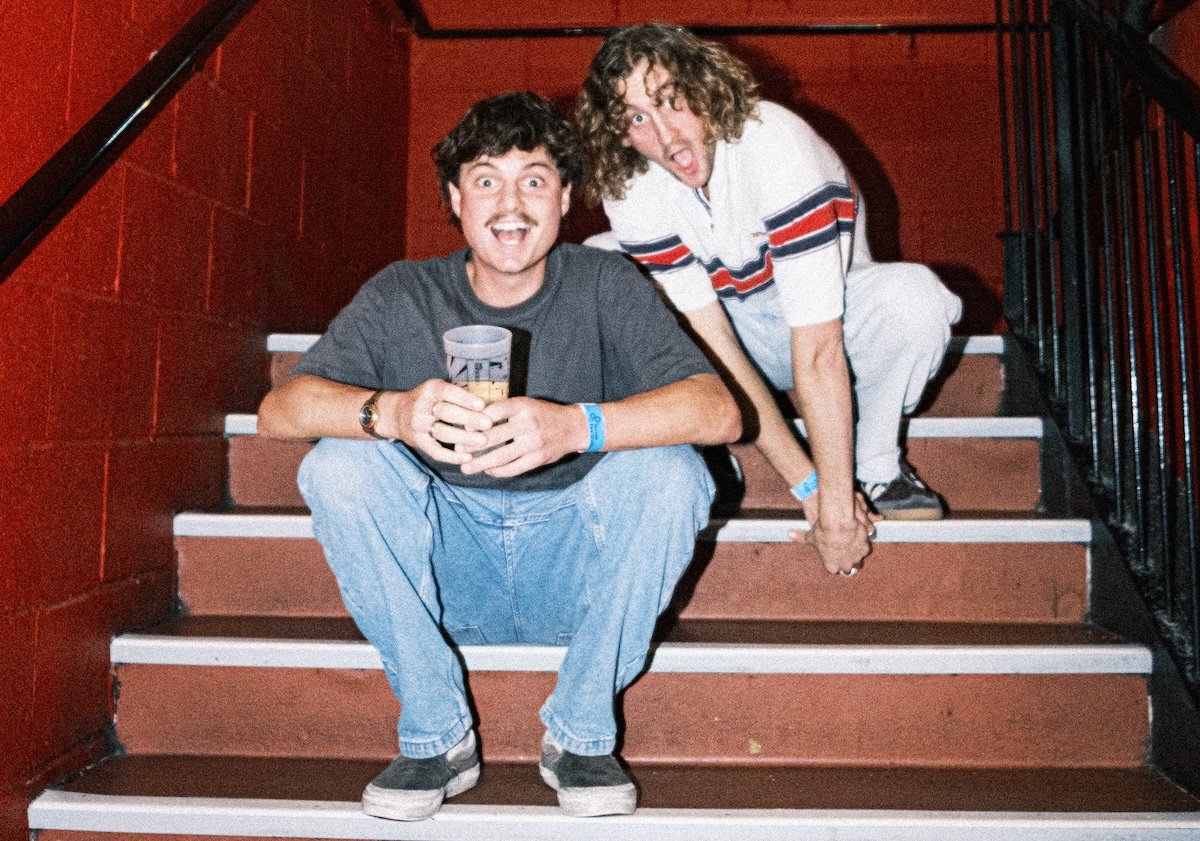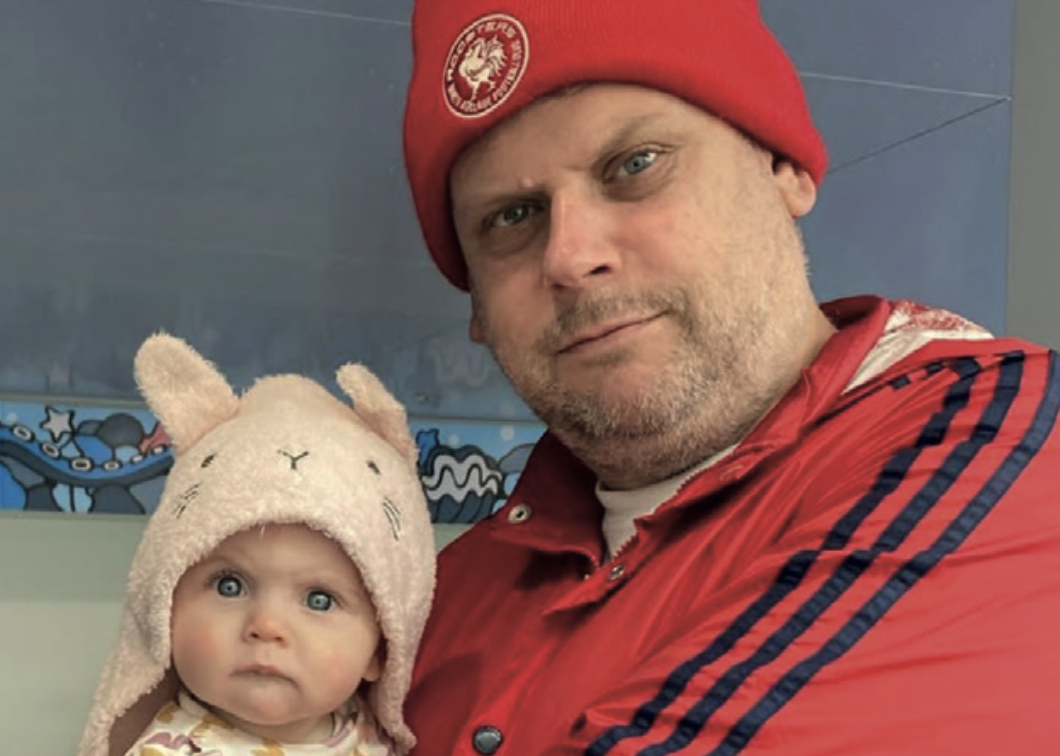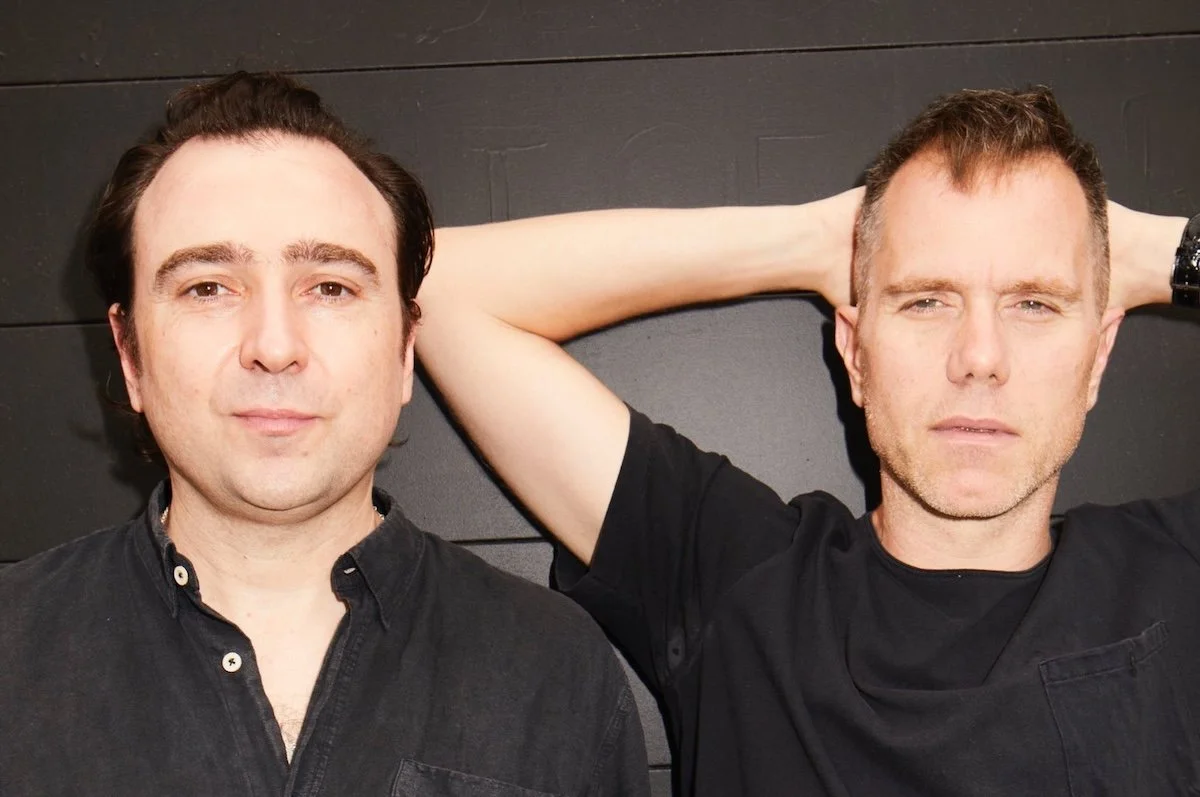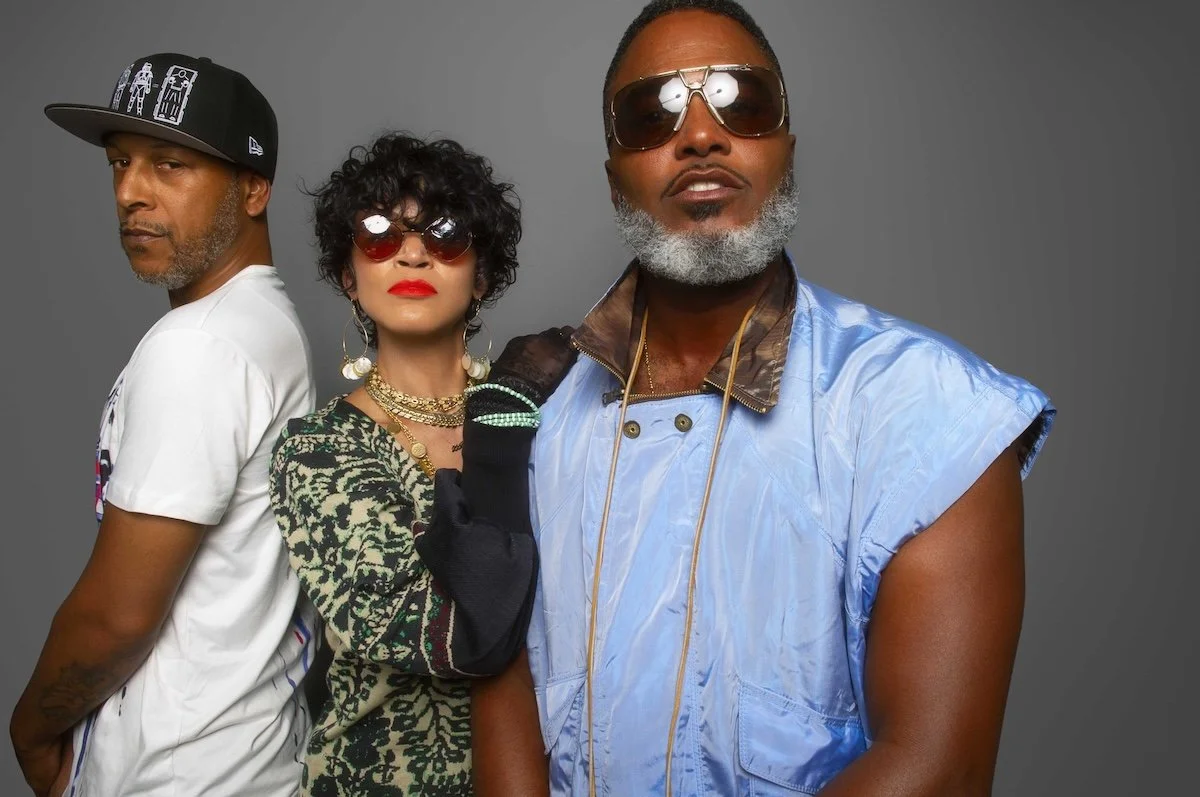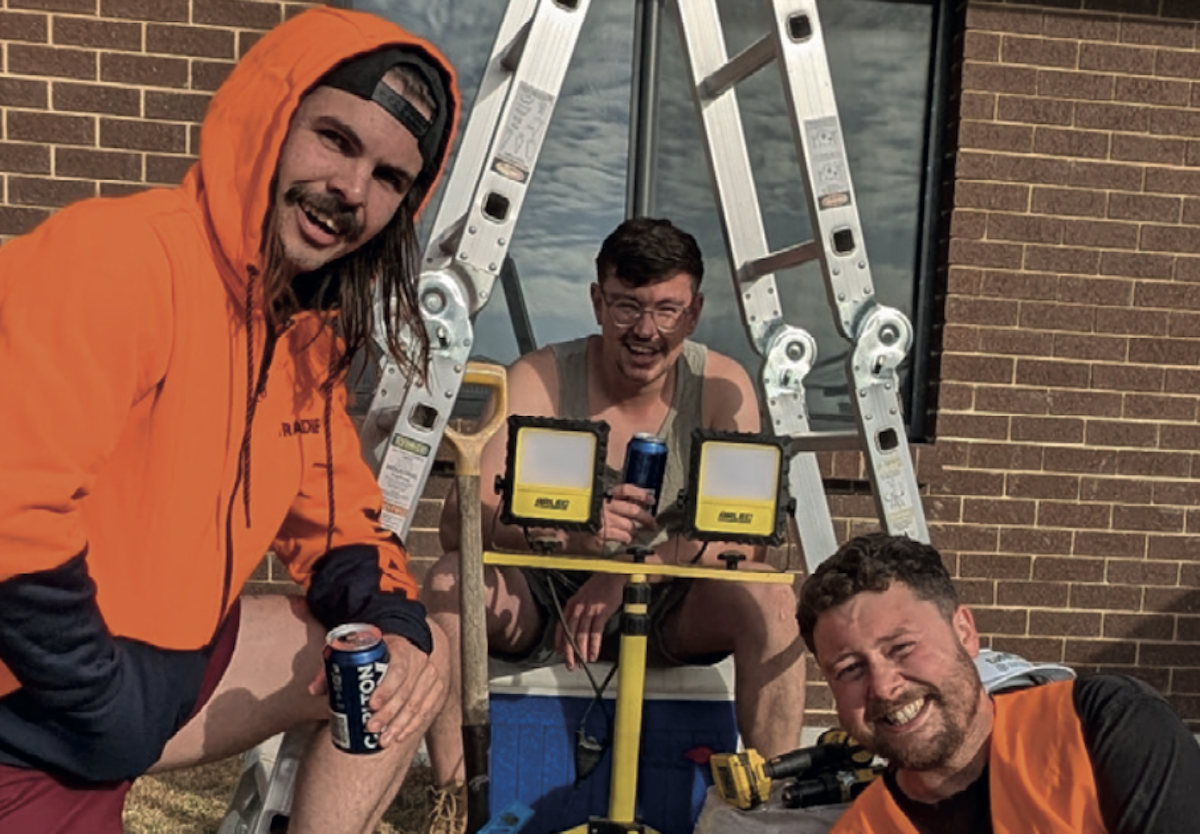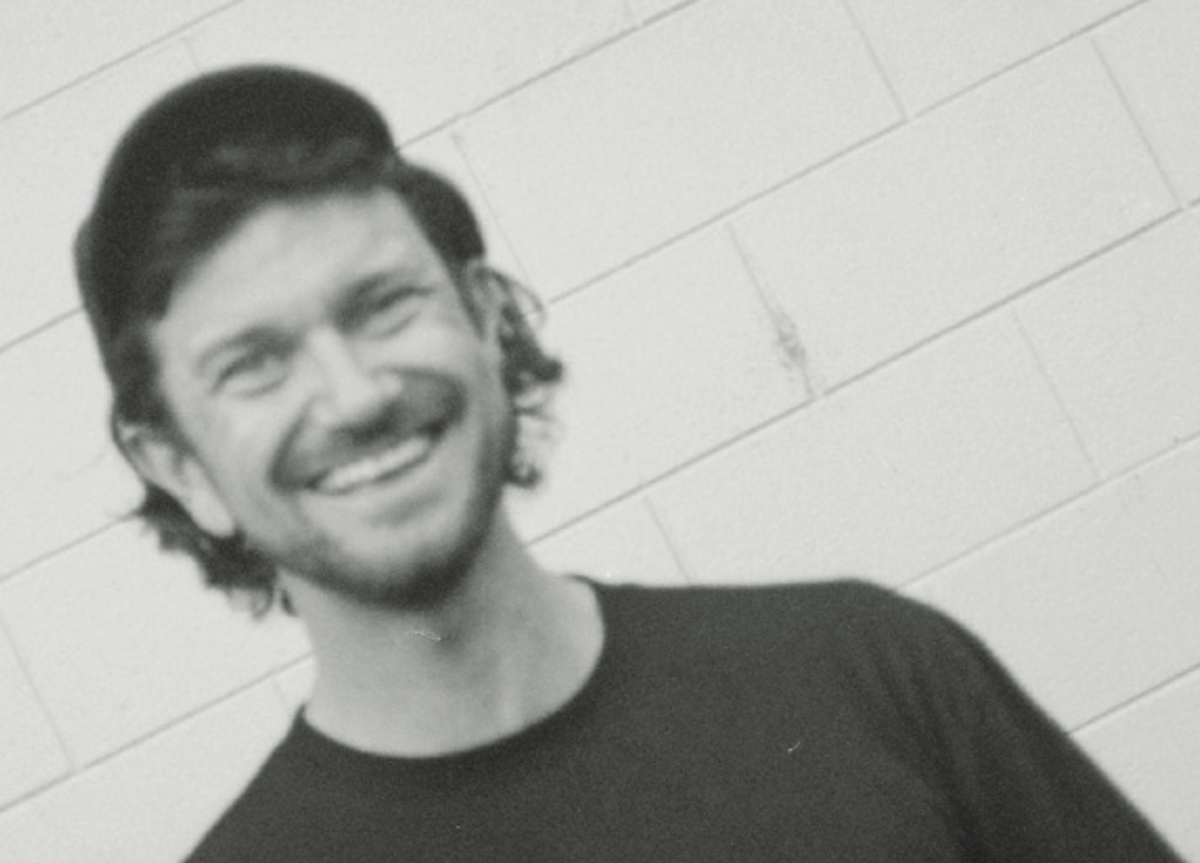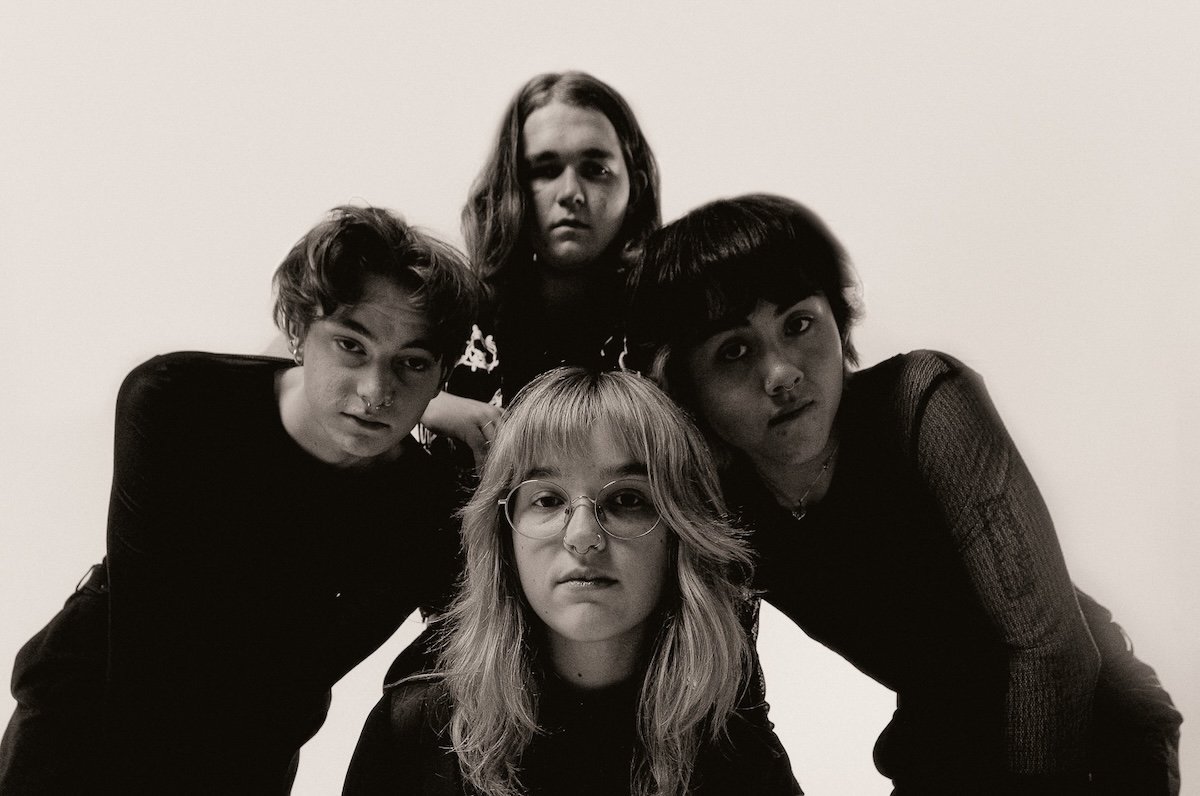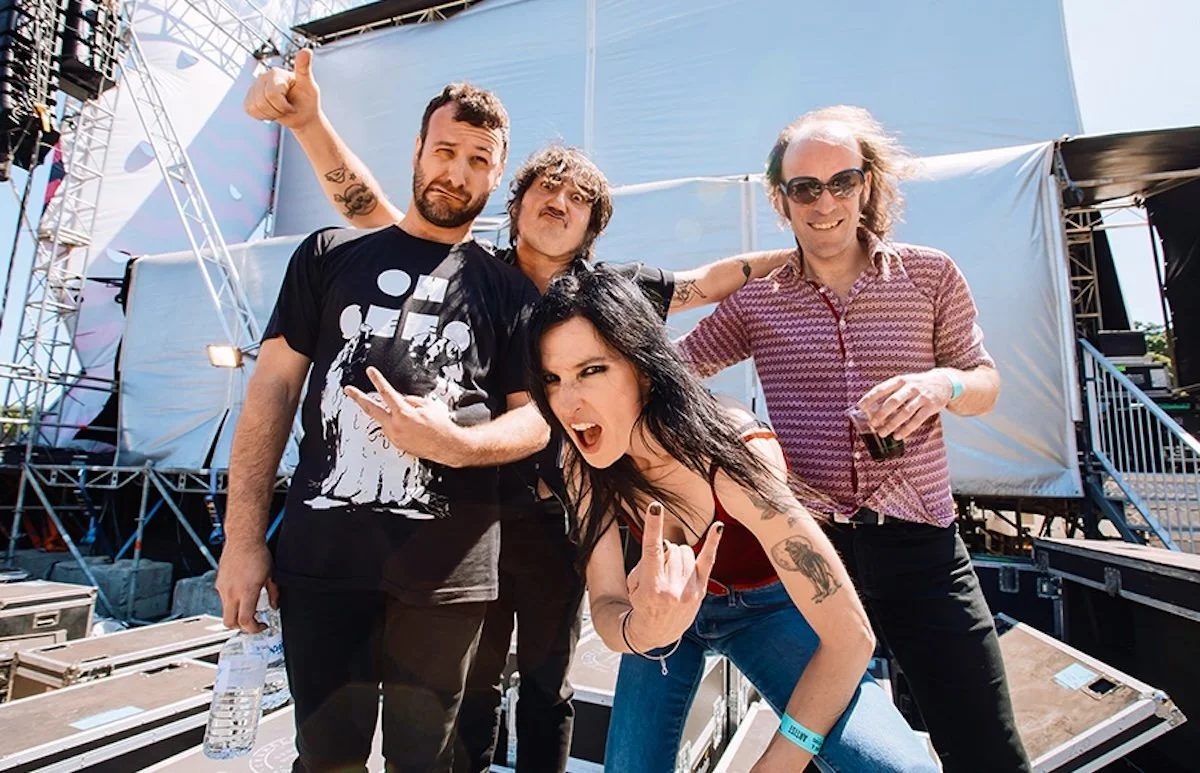King of Rock: Rob Mallett
When it takes to Her Majesty’s Theatre stage this month, Elvis: A Musical Revolution, will grant audiences a behind-the-scenes look into the celebrated yet complex legacy of Elvis Presley.
Words by Zara Richards
Image by Ken Leanfore
With his sultry swagger and songs that stopped the world, Elvis Presley was a once-in-a-lifetime talent whose legacy is immortal. We’ve celebrated his storied life in film and music, but now his whirlwind rise to the top has been re-invented for the stage in Elvis: A Musical Revolution, which arrives in Adelaide this April.
The man tasked with filling Elvis’ blue-suede shoes is Rob Mallett, a triple-threat talent who was handpicked from more than 700 applicants nationwide. The Tasmanian-born performer is the first to admit he was hesitant about accepting the role (he and his partner; performer Chloé Zuel welcomed their first child the day after the musical opened), but he knew he couldn’t skip this life-changing opportunity.
“To live out [Elvis’] rich tapestry is indulgent for an actor,” says Rob during a meeting with The Note. “The songs are amazing, the dancing is amazing and so is the story. As an actor, there’s no question you would want to take on a role like this.”
You’re bringing Elvis: A Music Revolution to Adelaide this April. What does it take to embody the King of Rock?
It took a lot of work to get under his skin, figure out where his voice sits and paint those moves onto my body. But now, I’m in the trenches of it all, and it’s about maintaining the energy. We see Elvis on stage [for] nearly two and a half hours.
Elvis Presley has permeated everybody’s life. What are some of your first memories of him?
He is so ubiquitous! I was a bit of a showbiz kid [and] I have some memories of thinking, ‘Yeah, I want to be a superstar like him’. But since getting the job, it’s been amazing to realise how much I’ve been influenced by Elvis by proxy. I grew up Irish dancing, and of course, the Godfather of Irish dancing is Michael Flatley. His iconic look is black leather pants, a neckerchief and eyeshadow – like that’s not ripped straight from Elvis! That’s exactly what our musical sets out to do: highlight how much of a cultural icon he was and how much he changed the world through music.
What surprised you the most about Elvis’ character?
His level of fame was almost unprecedented. You see it a lot in superstars, where a whole infrastructure depends on them to get back up, get to work and go again and again, regardless of their health and wellbeing. We’re all human, and it’s [Elvis’] human side I’m interested in. Although most of the work in the rehearsal room is about getting vocals and the dancing right – all that front-facing stage stuff – for me, it was finding that authentic connection with the characters around him.
It sounds like you set out to humanise him...
Yeah. It’s only very recently that we have things like social media and podcasts where celebrities can take control of their own narrative. We get to see the real side of celebrities. Whereas [duringElvis’] time, we didn’t. Celebrities just appeared on shows and record players – they were kind of God-like. So much of what we know about Elvis is through other people’s memoirs. So, to be able to flesh him out for people in a show is great.
You share the stage alongside Adelaide’s Annie Chiswell, who plays Priscilla. Tell me more about developing this show with her.
Annie’s great to work with! We [Elvis and Priscilla]fall in love, and then we cut to this fracture in their relationship when he’s in Hollywood and she’s squirrelled away in Graceland. We had to navigate that really fast transition, so we spent a lot of time talking about the story we wanted to tell. We also worked with an intimacy coach to help that narrative, too. A kiss is no longer a kiss, and a hug is no longer a hug. It’s about the story [behind] that moment of intimacy or conflict. It’s really powerful.
Almost 50 years after his passing, why do you think the world is still so fascinated with him?
Elvis was greater than the sum of his parts. Yes, he was a good dancer and a good singer, he wore outrageous clothes, and he became this sort of sex icon. But there was magic created when all those elements came together. [His music is] prolific. I think Elvis is someone who is handed down through generations – he’s given as a gift.
There are over 40 songs performed in the production. When do you feel the most like him?
I really like singing ‘That’s All Right’. Elvis had walked into Sun Records to record a song for his mum for her birthday and Sam Phillips identified something in him – a spark – and he asked Elvis to lay down some tracks with the band. The first song that landed on the airwaves from Elvis was ‘That’s All Right’. And when I land that moment, it’s exciting, it’s titillating – you can feel the audience go, ‘There he is, that’s who we recognise’. Another favourite moment is singing ‘Can’t HelpFalling In Love’ at the end of the show to baby Lisa Marie. Most of the songs in the show appear as performance pieces. But this one’s a different convention. He’s almost telling a story while singing to the baby. It’s a very cute moment.
What do you hope the audience takes home from the performance?
The end of the show is a party – we finish with the ’68 special and this outrageous, sparkly version of ‘Jailhouse Rock’. So, the audience will be thoroughly entertained. But then, I hope they take away a glimpse behind the curtain of his life. This man came from super humble beginnings – born into poverty – and rose to become a superstar. Hopefully, they’ll get an understanding of the human struggle that went with his success.
Catch Elvis: A Music Revolution at Her Majesty’s Theatre until April 28. Tickets are available here.
